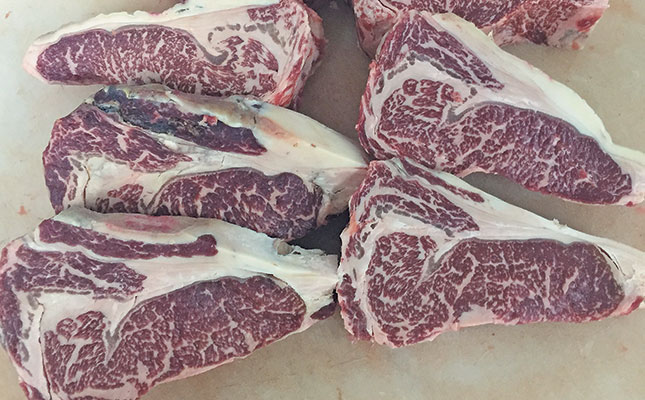
The Meat Price Index was commissioned by Caterwings, a UK-based catering company that wanted to research expansion into other countries.
The data on meat consumption from the research delivered interesting results and Caterwings created the index, their website states.
READ Veld to plate: Profiting from beef exports
Speaking to Farmer’s Weekly, Frederik Betz, chief operating officer at the Germany-based ABCD Agency, which did the research for Caterwings, said the data for all countries was sourced from the Food and Agriculture Organization (FAO).
All prices were from 2018, while the consumption data from the FAO was from 2017.
According to the index, South Africans receiving the minimum wage had to work 5,9 hours to afford one kilogram of beef; 3,3 to afford a kilogram of chicken; 13,5 to afford a kilogram of fish; 5,1 for a kilogram of pork; and 8,4 for a kilogram of lamb.
READ Donkey farming: opportunity or threat?
Those earning the minimum wage in Denmark had to work for one hour to afford a kilogram of beef. On the other end of the scale, those working for the minimum wage in Indonesia had to work 23,1 hours to afford a kilogram of beef.
According to the index website, the Meat Price Index is divided into five separate categories: beef, chicken, seafood, pork, and lamb. All prices were collected from national grocery outlets at full price without discount.
For each category, prices for specific cuts of meat contributed to an overall value, the overall per kilogram price (PKP) for beef.
This per-kilogram price was divided by each country’s minimum wage to indicate how long a minimum wage employee must work for each type of meat.












